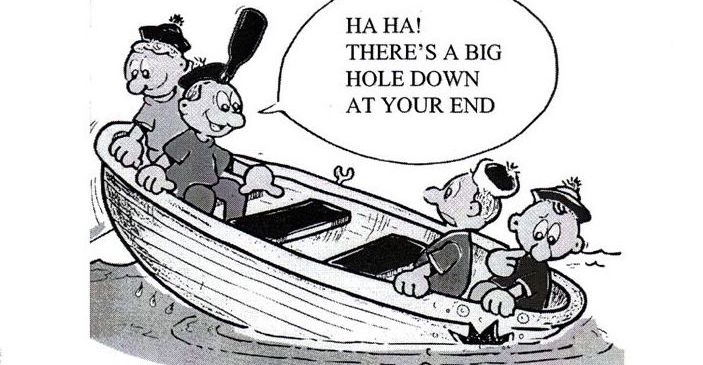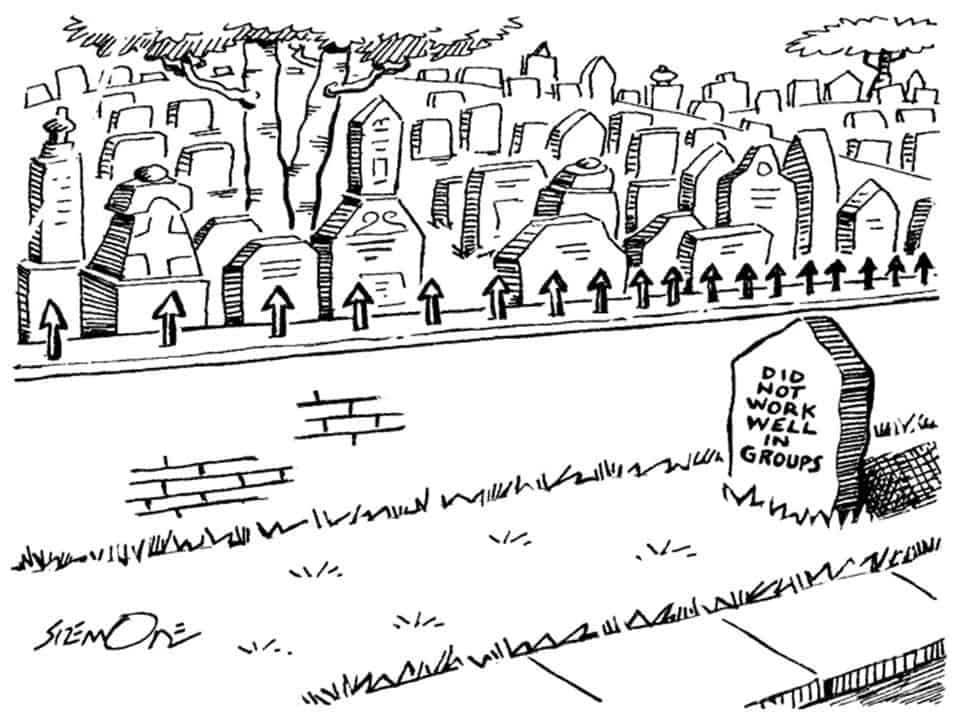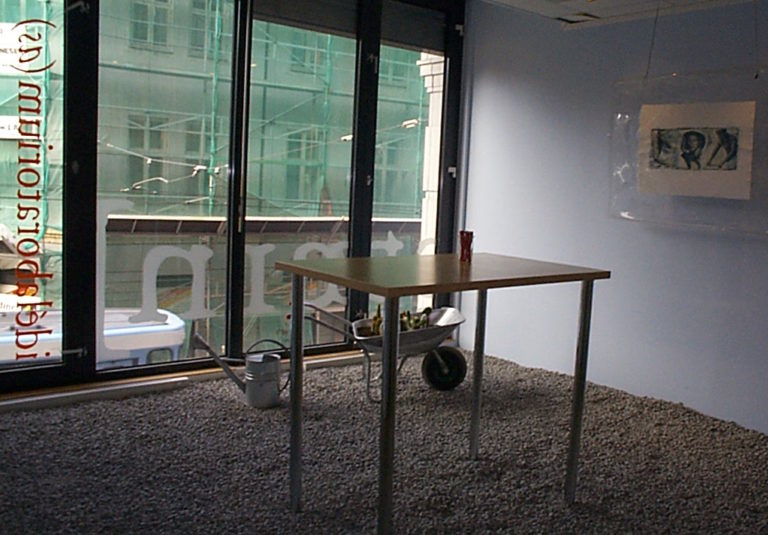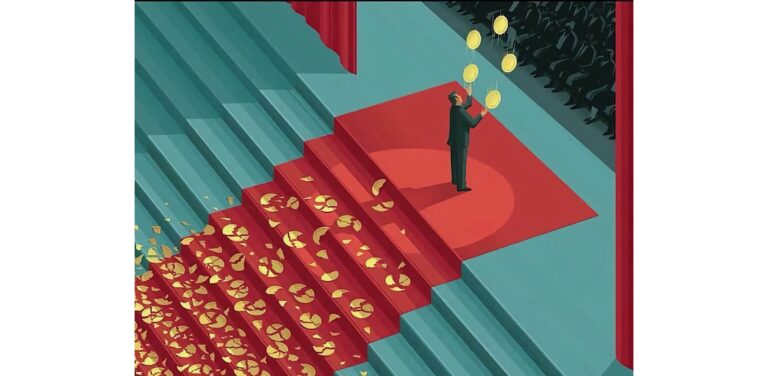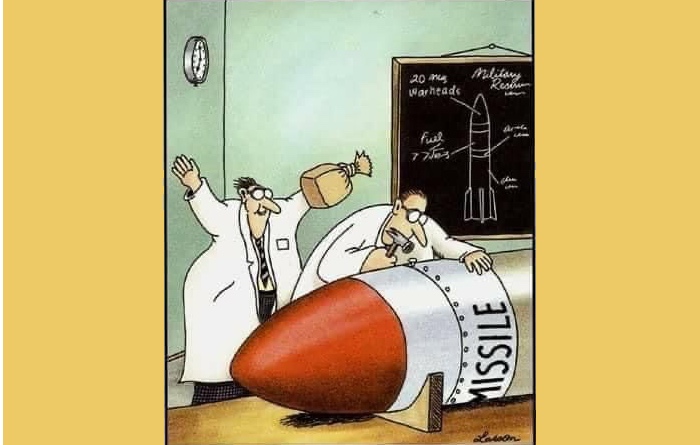Slik får du suksessrike team
Det er ikke tilfeldig når team oppnår svært gode resultater. Her er seks kjennetegn på suksessrike team.
Six Habits of High-Performing Teams
High-performing teams don’t just happen by accident. Here are a few habits that great teams do consistently:
1. They Do Things on Purpose:
They communicate and celebrate a sense of purpose, so that every team member understands clearly what it is they are trying to achieve. In surveys, an average of 7 out of 10 team members don’t understand the true purpose of their team, and yet research into effective team behavior suggests the #1 most important factor in building a strong team is ensuring everyone has a clear understanding as to why the team exists and what it is they are trying to achieve.
2. They Huddle Up:
Communication is everything when it comes to building a great team, which is why so many high-performing teams commit to short (5-10 minutes), daily, standing up team huddles.
3. They Celebrate:
In addition to celebrating individual accomplishments, they define and celebrate key team milestones.
4. They Embrace Diversity:
As the old saying goes, «If you have two employees, executives, or managers who think alike – one of them is redundant!» Great teams don’t try to build monolithic beasts where everyone acts and thinks the same, they understand that greatness happens when everyone is allowed to shine and bring their own perspective and strengths to a united cause.
5. They Embrace Healthy Debate:
An absence of any conflict or debate on a team may be a sign of a dysfunctional team. The absence of heated debate might indicate apathy, complacency with the status quo, a lack of passion, or an inability to share uncomfortable truths or differing opinions – which can lead to dangerous group think. Healthy teams encourage healthy debate focused on ideas, never personalities.
6. They Have Fun!
A study reported in Scientific America found that the most effective team meetings were those meetings where participants engaged in a lot of joking around and good-humored banter. Having fun builds trust within teams, lowers tension, sparks creative thinking and fuels more positive conversations. And there’s a rubber chicken and egg relationship: Humor helps build a stronger team, but it also reflects a successful, healthy and inspiring team.
Takk til Mike Kerr, www. http://mikekerr.com/.

